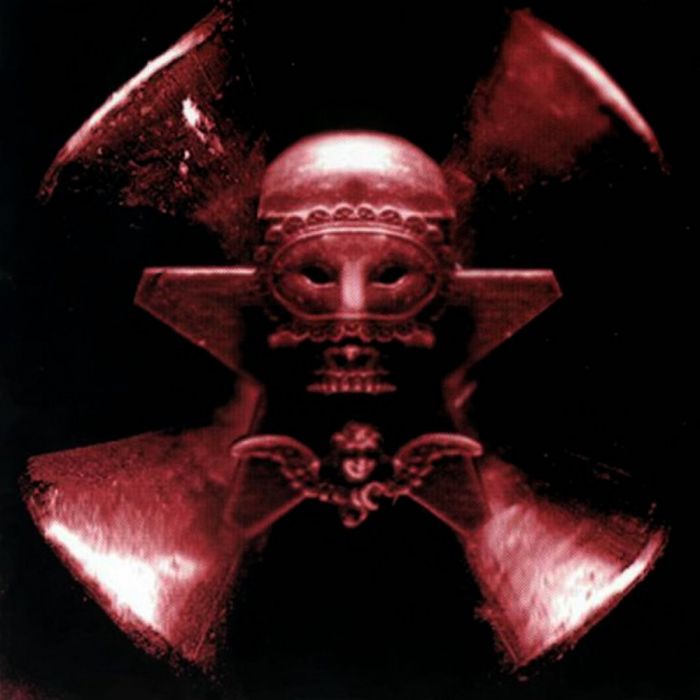Light From Many Lamps by Caul (Review)

As I’m writing this review, I’m listening to the CD on my TV. You see, I’m in the process of moving, so my Sony Playstation is doing double-duty as a CD player. (Ain’t modern technology grand?) However, as Light From Many Lamps plays behind me, it’s playing tricks with my mind. I have to keep reminding myself that there’s not some Andrei Tarkovsky film playing in the background. I have to remind myself that it’s just the new Caul album, however filmic and cinematic it may sound.
The opening track (“I Will Awake the Dawn”) immediately sets the stage, and if you’ve never listened to Caul, quickly prepares you for what is to come. Starting off with the sound of wind, it evokes images of a desolate wasteland. Slowly, various fragments of sound start to chime in, like the motes of sunlight filtering over the horizon. With a loud, resounding tone, the song finishes on a powerful note that’s nonetheless alien and forboding.
The thing I like about Caul’s music is the fact that, for dark-ambient, it’s often very melodic and song-like. Although his music is rife with dark drones and forlorn waves of sound, Caul uses those in the background as a foundation for the melodies he uses as the song’s focus (e.g., “The Saint and the Seraph”). Sometimes middle-eastern, sometimes medieval, sometimes classical, and often a little bit of all three, they move the songs along without diminishing the weight and power behind them.
At times it can get a little much, especially if you are lacking in patience. The album, at 15 tracks, lasts over 70 minutes. Out of those 70 minutes, the only track that doesn’t work for me is the Dead Can Dance-ish “Midnight’s Tongue.” Musically, the track has a very strong Middle-Eastern sound to it, but the spoken word is distracting. Also, Caul works with a pretty limited palette, sonically and melodically; the synth sounds get a little overused (“The Mirror of Simple Souls” leaps to mind).
On the other hand, “Oh Thou Bright Crown Of Pearl” is absolutely haunting in its slowly unfolding beauty. The piano melody on “The Saint and the Seraph” is set against a slowly spiralling array of bell-like tones and strings. As the song progresses, the original melody fades away, giving birth to new ones that continue to spiral onward and upward. “Crux Est Mundi Medecina” is one of the strongest tracks on the album. A distant piano melody winds its way through a haunting menagerie of atmospherics and choral samples reminiscent of Steve Scott’s work, before giving away to harsher noises. Imagine a slightly heavier, rougher version of Vidna Obmana’s The River of Appearances. The overall effect is more muted and less dramatic than much of the other music on the album, but much more haunting and personal.
Like his previous work, the outstanding Reliquary, Caul’s music is replete with Christian themes. Song titles like “O Thou Bright Crown of Pearl” and “At Midnight I Arise To Give Thanks To Thee” (taken from the book of Psalms) sound like passages from an Orthodox hymnal or “The Cloud of Unknowing.” There’s a very solemn, graceful air to his music, but also a profound sense of awe and religious ecstacy.
Dark-ambient music tends to be dramatic by its very nature, and can often feel forced and artificial. Caul’s music doesn’t sound forced at all. And unlike some ambient music, his doesn’t fade into the background. There’s a great sense of intimacy and warmth here, which sounds odd compared with the often bleak and frightening sounds Caul uses. Perhaps it’s the religious and Christian imagery that strikes a chord with me. And even though I don’t listen to Caul’s music with great frequency, I know that each listen will require a full engagement.